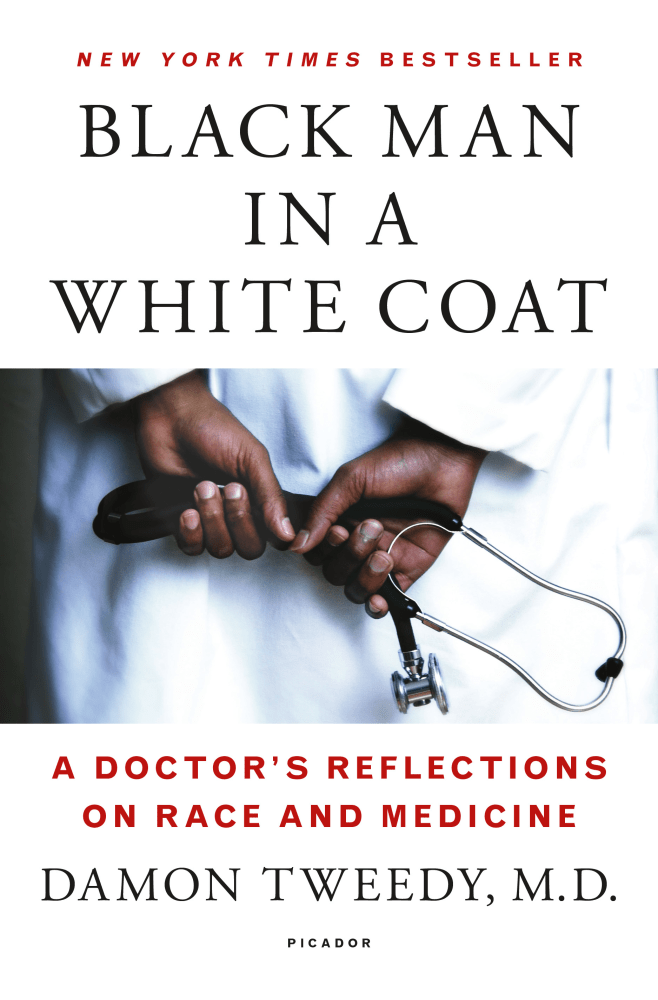Here in Baltimore, things are difficult for so many people: firearm deaths have surged, with 345 deaths this year -- a far higher number than New York City where there are under 300 deaths, even though New York has many times the population that Baltimore has. Overdose death have surged as well. Crime, poverty, homelessness,--they are all big problems. The latest tax cuts promise to help corporations, and perhaps they will be good for the overall economy, but I worry about the effect these legislative changes will have on access to health care, and on our country's most vulnerable people. And even among the "haves," depression and anxiety is rampant, suicide rates are high, substance abuse disables and kills, and we talk about doctor burnout and suicide in a country with physician shortages. It's all disheartening.
I wish innovation were easier. Our war on drugs has been a failure, and in moments of desperation, all sorts of things get tried. Then sometimes, the 'solutions' become part of the problem. For example, Physician Health Programs were an innovation to help struggling docs, and they have been very helpful for many, but there have been reports of abuses, and over on Clinical Psychiatry News, I wrote an article asking if PHPs were diagnosing for dollars. Rehabs have popped up everywhere, but many of them are not using evidence-based treatments, and so much of treatment for opioid abuse still focuses around blaming the patient, moral failures, and an emphasis on abstinence-based treatments which are wonderful if they work for you and terrible if they leave you dead when a medication-based treatment might have given you some chance to live. Given all the failures in our war on drugs, I might like to see how things transpire if we decriminalized all drugs of abuse, but somehow these things happen in sweeping moves, and if that doesn't work, it's hard to undo.
Medicine has adopted Electronic Medical Records as a standard. They add hours to a doctors day, contribute to physician burnout, and don't clearly improve the quality of patient medical records or clinical care: in fact many patients don't like talking to doctors who are clicking away and not getting to know them as people. Maybe it's still growing pains, and surely the databases they generate are helpful in research to learn about factors that effect disease and the efficacy of treatments. Maybe we will grow into these records, but they were rolled out with incentives, or in hospitals where they cost hundreds of millions of dollars, so at this point, there is no going back.
 So I long for a world where we could try innovative changes -- in how we tax people, in how we address epidemics, in how we solve a multitude of problems, not by using the methods of the person who speaks (or tweets) the loudest, but by trial and error, with test runs on small segments of the population, with the ability to go back or try something new (easily) if what we try doesn't work. Gun control, physician burnout, drug treatments, interventions for those who are suicidal...you name your problem. Oh for a self-correcting world.
So I long for a world where we could try innovative changes -- in how we tax people, in how we address epidemics, in how we solve a multitude of problems, not by using the methods of the person who speaks (or tweets) the loudest, but by trial and error, with test runs on small segments of the population, with the ability to go back or try something new (easily) if what we try doesn't work. Gun control, physician burnout, drug treatments, interventions for those who are suicidal...you name your problem. Oh for a self-correcting world.















